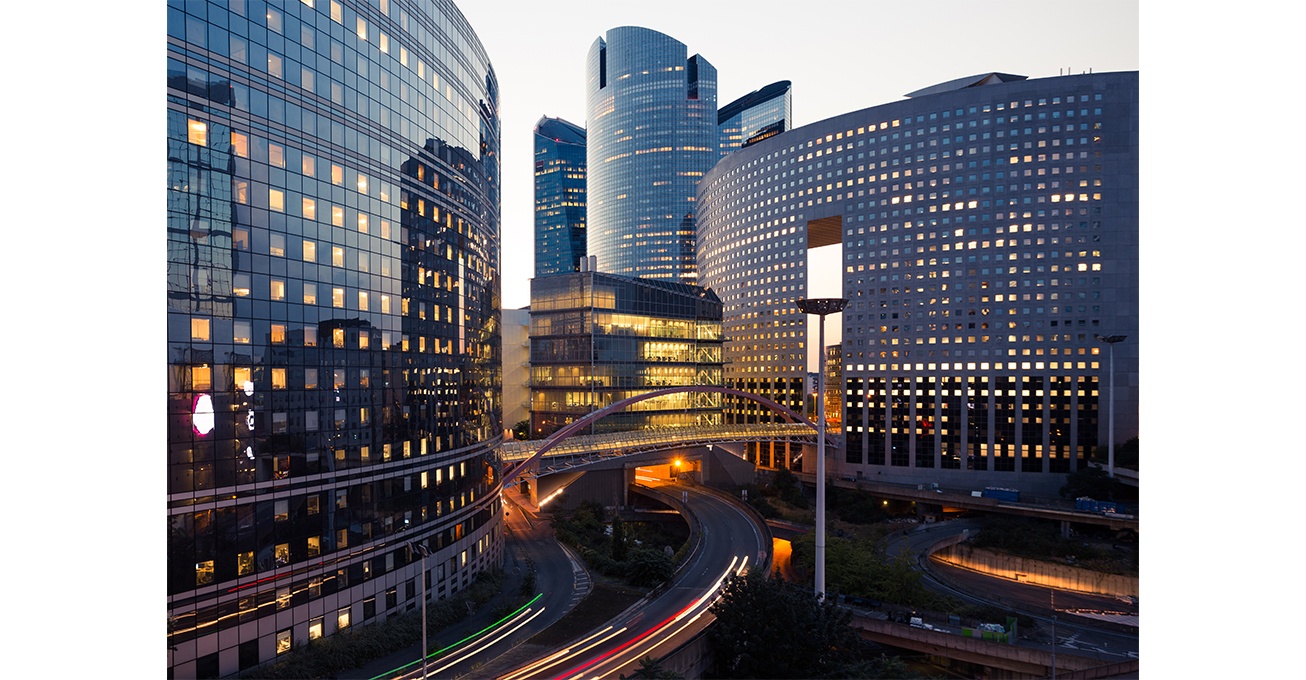James Carver, MD at leading workspace cleaning and hygiene firm, Office Space Cleaning Facilities Management (OSCFM), discusses why office cleaning must be treated as a health and safety non-negotiable for the post-pandemic office.
- What part does office hygiene have to play in post-pandemic business recovery?
Covid-19 has vastly altered attitudes towards cleaning, with 69% of British people now paying greater attention to cleanliness and hygiene.This has understandably led to expectations of enhanced cleaning measures in the workplace, with provision of sneeze screens, anti-viral fogging measures and hand sanitiser a common occurrence. Post-pandemic, worker attitudes demand office hygiene is taken far more seriously.
In fact, 47% of workers perceived the risk of catching Covid in the workplace as fairly or very high in 2020, and so greater attention to cleaning standards can relieve their anxieties, boosting productivity. For businesses looking to recover and grow following the pandemic, giving employees the confidence that comes with the knowledge they are working in a safe environment is vital – make no mistake, those workers that do not feel protected will vote with their feet.
- Why should workspace cleaning and hygiene be considered a health and safety requirement now and not pre-Covid?
Workspace hygiene, as far as OSCFM is concerned, has always been vital to any company’s success. The environments we work in have profound effects on our health, as well as our overall productivity. However, the pandemic has brought the issue of workspace hygiene to the fore, with government requirements and employee expectations making firms pay closer attention to the cleanliness of their offices. It is important this attention to detail is not lost in the following months and years, ensuring our country’s professional standards do not regress.
With the colder months approaching, the threat of a resurgence of Covid and a peak in other seasonal illnesses looms. There are significant fears of a flu outbreak which could result in 60,000 deaths this winter. Enhanced cleaning and deep cleans can protect workers’ health and ensure offices can remain open, vital for a successful post-pandemic winter, avoiding the economic strain of widespread sick leave.
- How can businesses ensure they are paying enough attention to workspace cleanliness?
What is most important here is diligence. For those businesses who already have cleaning strategies in place, they must make sure these are reviewed and updated to meet new post-Covid standards. However, companies that have previously neglected to carefully consider their office hygiene will need to alter their priorities and begin viewing cleanliness as an essential rather than a nice-to-have or an afterthought. Post-pandemic, worker attitudes demand office hygiene is placed amongst traditional utility expenses such as electricity, gas and water – the fourth essential utility.
Through this change in company ethos, businesses will find themselves far less likely to overlook workplace cleanliness moving forward.
- Will this focus on heavy-duty cleaning affect ESG commitments?
Adhering to new office hygiene practices will not require a sacrifice to other commitments, such as ESG drives. In fact, it can even compliment them. With 51% of workers looking for more sustainable offices, the adoption of eco-friendly cleaning products can be a key draw for returning workers, allowing companies to easily demonstrate their ESG credentials







